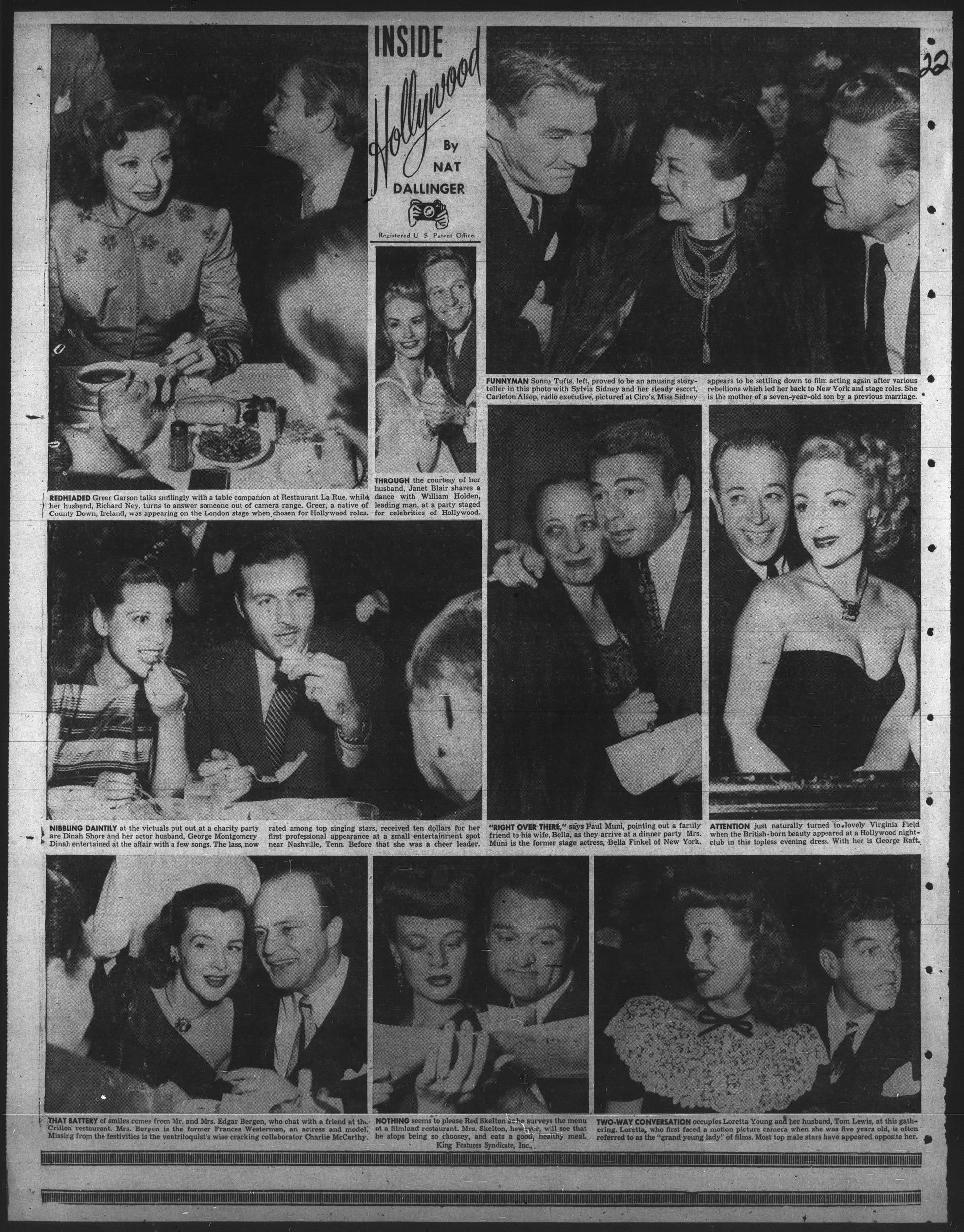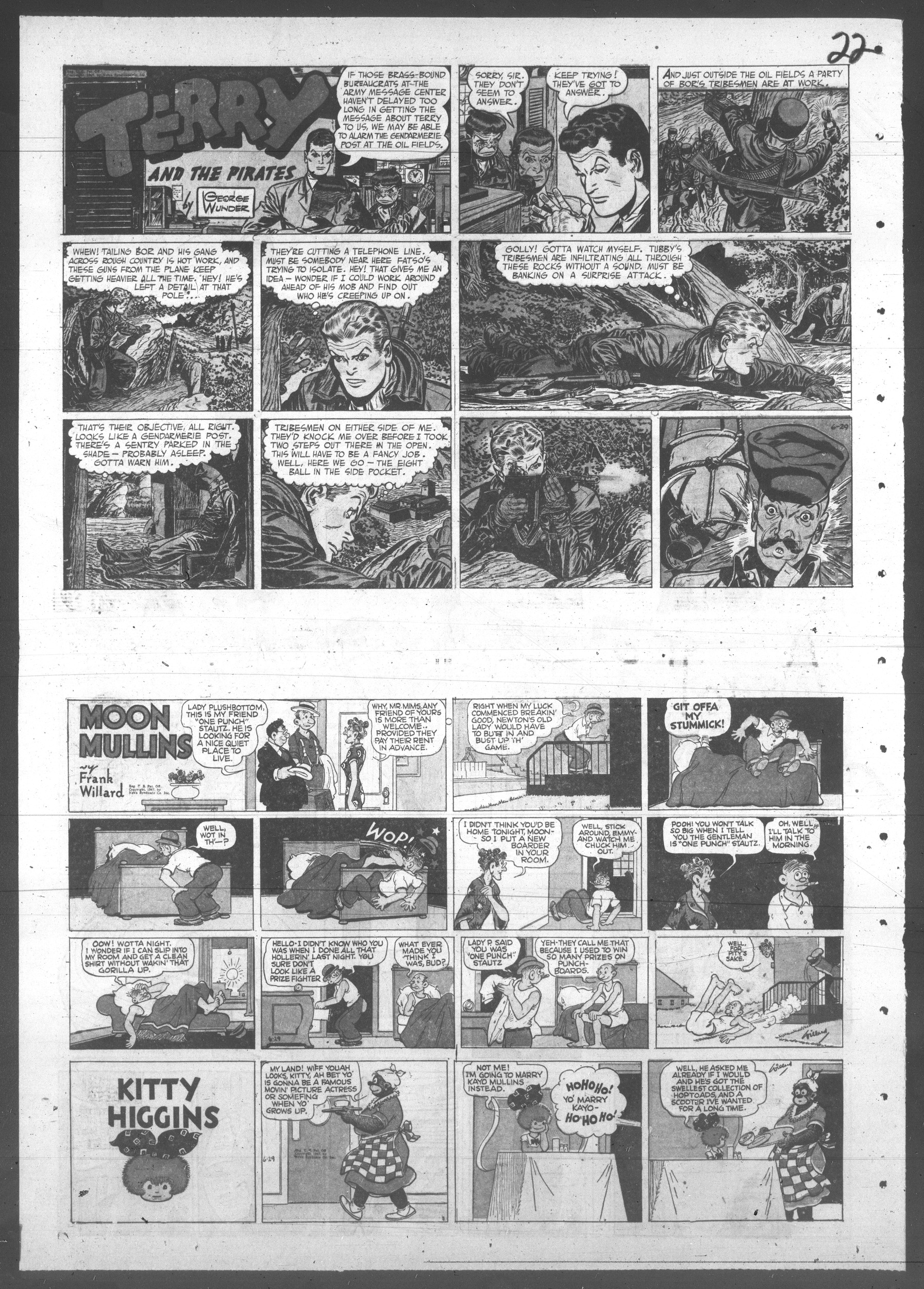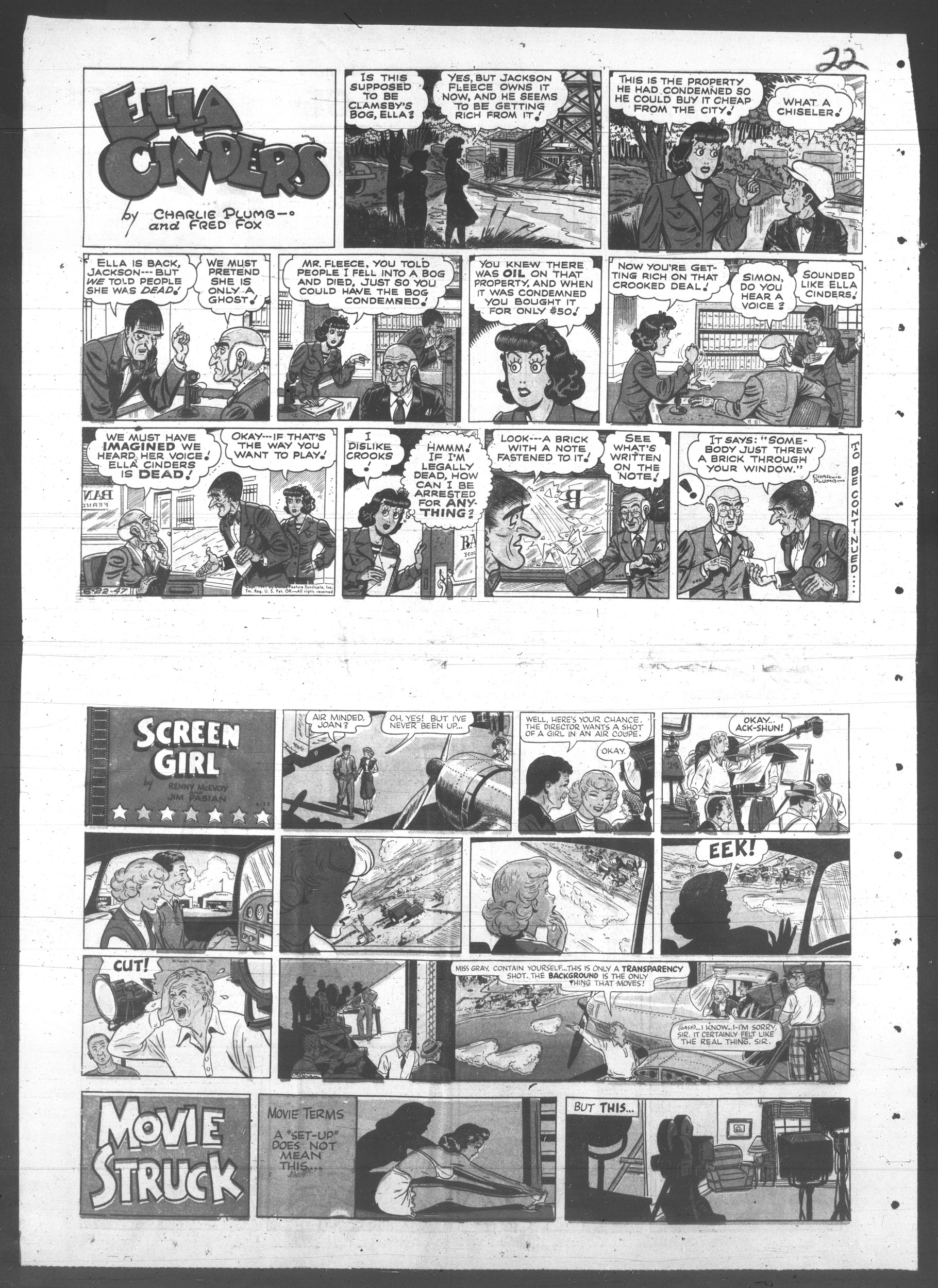Search the Special Collections and Archives Portal
Search Results
Vegas PBS Interviews for the African Americans in Las Vegas: a Collaborative Oral History Project
Identifier
Abstract
Oral history interviews with Ruby Amie Pilot, Eva G. Simmons, Melvin Sanders, Jarmilla McMillan-Arnold, Hannah Brown, Sonny Thomas, and Claytee White conducted by Vegas PBS on April 01, 2013, April 02, 2013, April 12, 2013, and November 19, 2013 for the African Americans in Las Vegas: a Collaborative Oral History Project. In these interviews, the participants discuss their early lives and moving to Las Vegas, Nevada. Pilot talks about segregation on the Las Vegas Strip, integration, and the importance of church activities in the African American community. Simmons describes her career as a teacher, the schools on the Westside, and businesses on Jackson Street. Thomas describes the funeral industry and his role as a funeral director. McMillan-Arnold talks about segregated Las Vegas, African American entertainers, and the issue of homelessness on the Westside. Brown remembers growing up on the Westside, segregated schools, and her role as President of the National Coalition of 100 Black Women – Las Vegas chapter. Lastly, Sanders discusses his childhood in Las Vegas, being the son of a preacher, and the redevelopment of the Westside.
Archival Collection
Nevada Test Site Oral History Project Records
Identifier
Abstract
The Nevada Test Site Oral History Project Records (approximately 1950-2008) consist of oral histories collected by University of Nevada, Las Vegas Department of History for the Nevada Test Site Oral History Project. The collection includes digital audio recordings of interviews, print and digital transcripts, and a small selection of digital video recordings. Some interviews have also been supplemented with photographs, letters, scientific articles, brochures, news clippings and ephemera about the Nevada Test Site.
Archival Collection
African Americans in Las Vegas: a Collaborative Oral History Project Town Hall Meeting
Identifier
Abstract
Town hall meeting for the African Americans in Las Vegas: a Collaborative Oral History Project facilitated by Claytee D. White on May 11, 2013. In this town hall, White explains the mission and the purpose behind the African Americans in Las Vegas: a Collaborative Oral History Project. Attendees also speak, telling stories and histories of the African American people and communities in Las Vegas, Nevada.
Archival Collection
Las Vegas Club: mechanical plans, 1978 November 22
Level of Description
Archival Collection
Collection Name: J. A. Tiberti Construction Records
Box/Folder: Roll 215
Archival Component
Las Vegas Age, Vol. XLIII, No. 22 (1947-06-29), page 22
Page
Digital ID
Las Vegas Age, Vol. XLIII, No. 21 (1947-06-22), page 22
Page
Digital ID
Las Vegas Sentinel-Voice, Vol. 1, No. 22 (1980-09-18), page 22
Copyright & Fair-use Agreement
UNLV Special Collections provides copies of materials to facilitate private study, scholarship, or research. Material not in the public domain may be used according to fair use of copyrighted materials as defined by copyright law. Please cite us.
Please note that UNLV may not own the copyright to these materials and cannot provide permission to publish or distribute materials when UNLV is not the copyright holder. The user is solely responsible for determining the copyright status of materials and obtaining permission to use material from the copyright holder and for determining whether any permissions relating to any other rights are necessary for the intended use, and for obtaining all required permissions beyond that allowed by fair use.
Read more about our reproduction and use policy.
I agree.Page
Digital ID
Las Vegas Sentinel-Voice, Vol. 5, No. 22 (1984-09-27), page 22
Copyright & Fair-use Agreement
UNLV Special Collections provides copies of materials to facilitate private study, scholarship, or research. Material not in the public domain may be used according to fair use of copyrighted materials as defined by copyright law. Please cite us.
Please note that UNLV may not own the copyright to these materials and cannot provide permission to publish or distribute materials when UNLV is not the copyright holder. The user is solely responsible for determining the copyright status of materials and obtaining permission to use material from the copyright holder and for determining whether any permissions relating to any other rights are necessary for the intended use, and for obtaining all required permissions beyond that allowed by fair use.
Read more about our reproduction and use policy.
I agree.Section
Page
Digital ID
Las Vegas Sentinel-Voice, Vol. 7, No. 22 (1986-09-25), page 22
Copyright & Fair-use Agreement
UNLV Special Collections provides copies of materials to facilitate private study, scholarship, or research. Material not in the public domain may be used according to fair use of copyrighted materials as defined by copyright law. Please cite us.
Please note that UNLV may not own the copyright to these materials and cannot provide permission to publish or distribute materials when UNLV is not the copyright holder. The user is solely responsible for determining the copyright status of materials and obtaining permission to use material from the copyright holder and for determining whether any permissions relating to any other rights are necessary for the intended use, and for obtaining all required permissions beyond that allowed by fair use.
Read more about our reproduction and use policy.
I agree.


